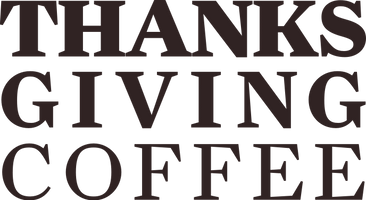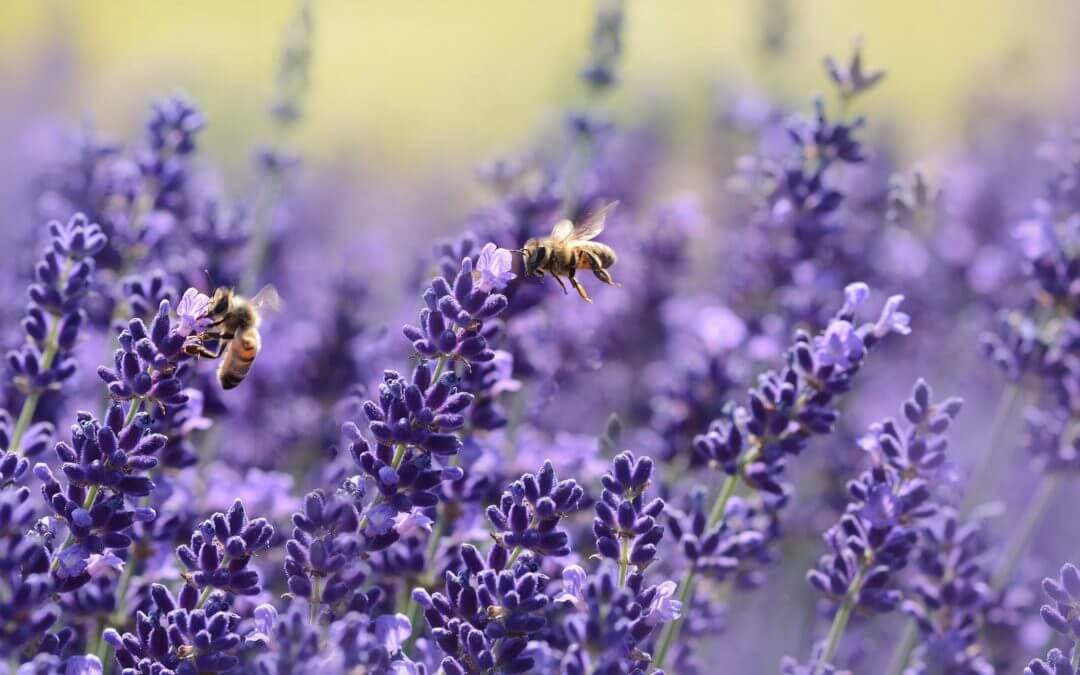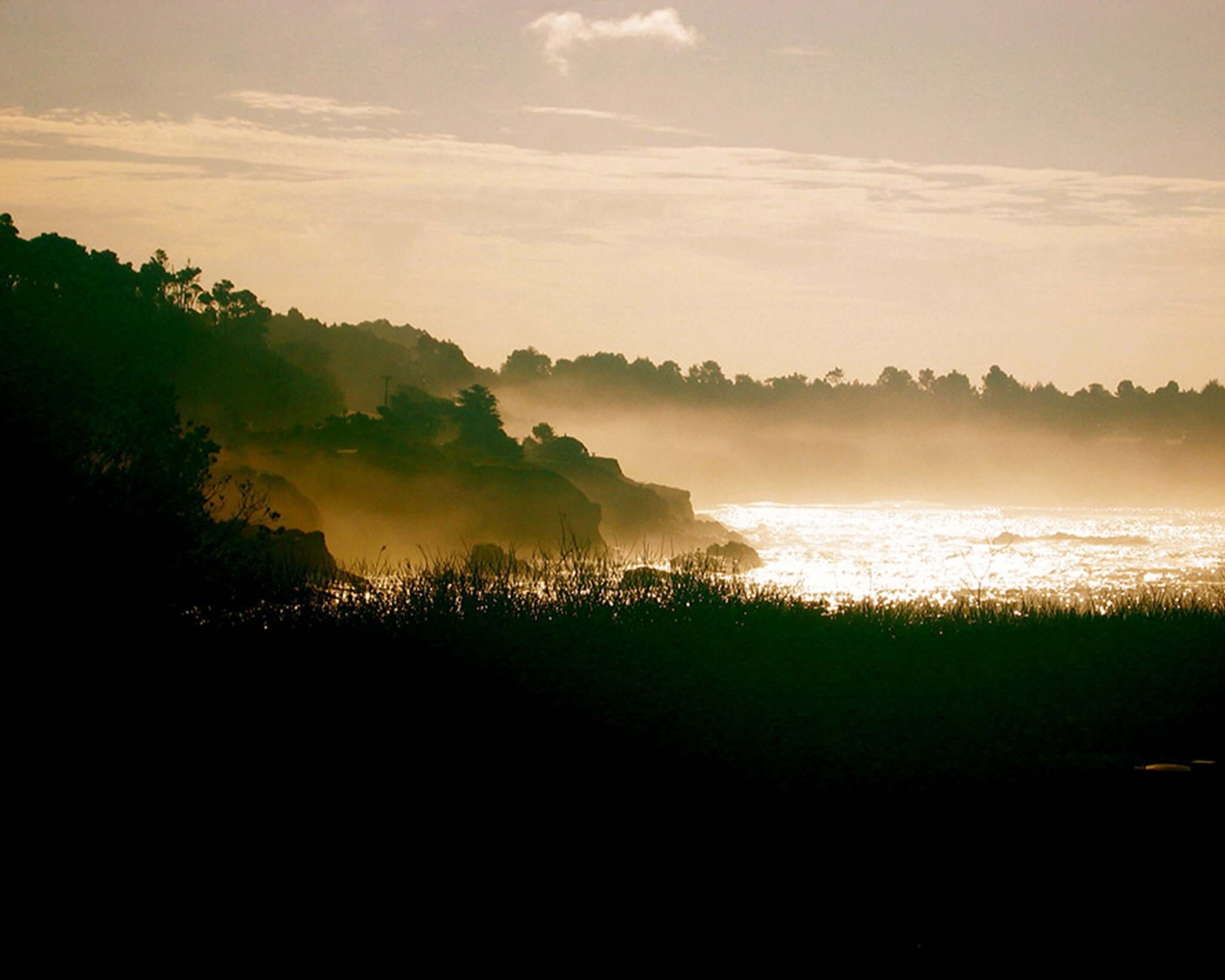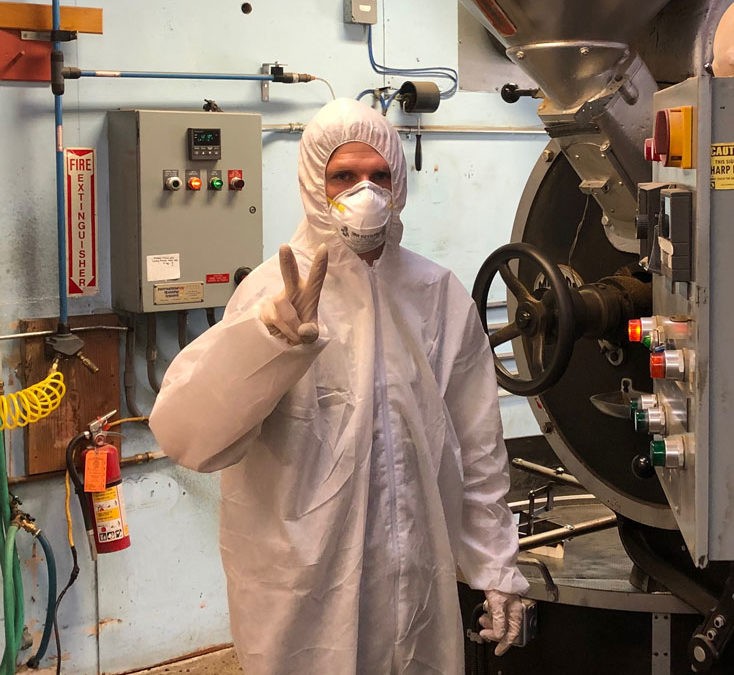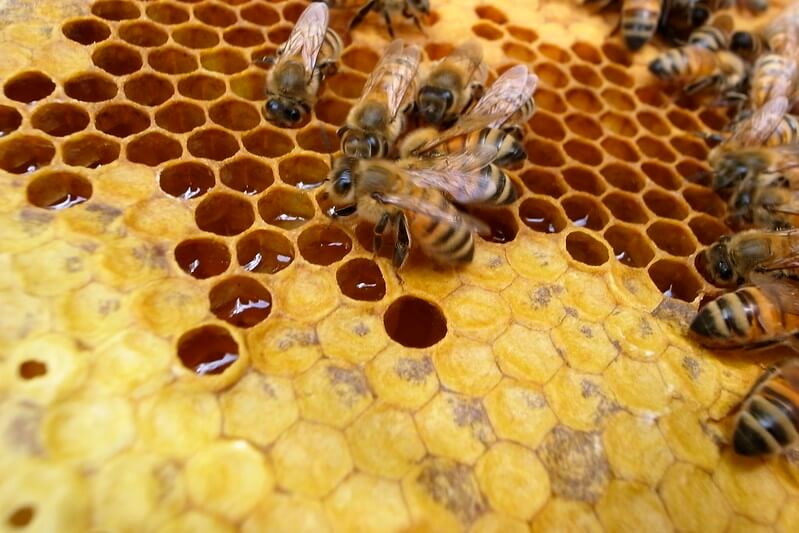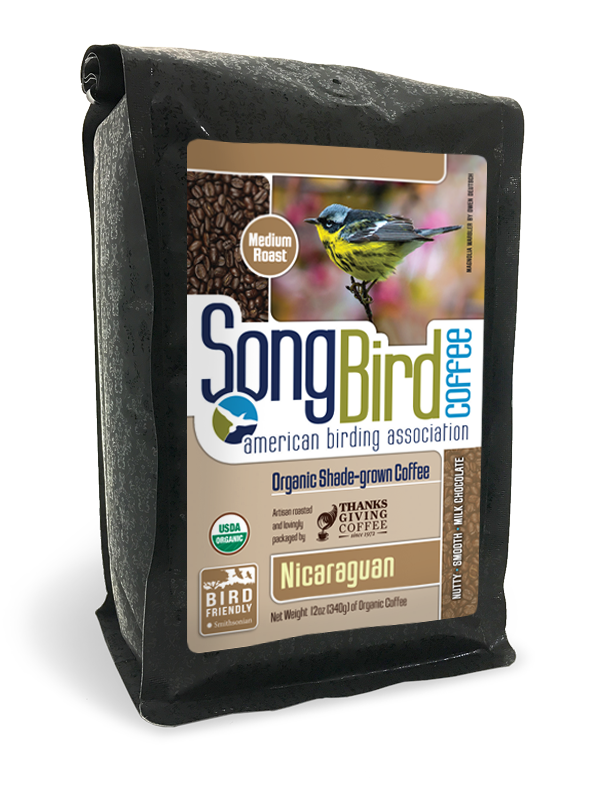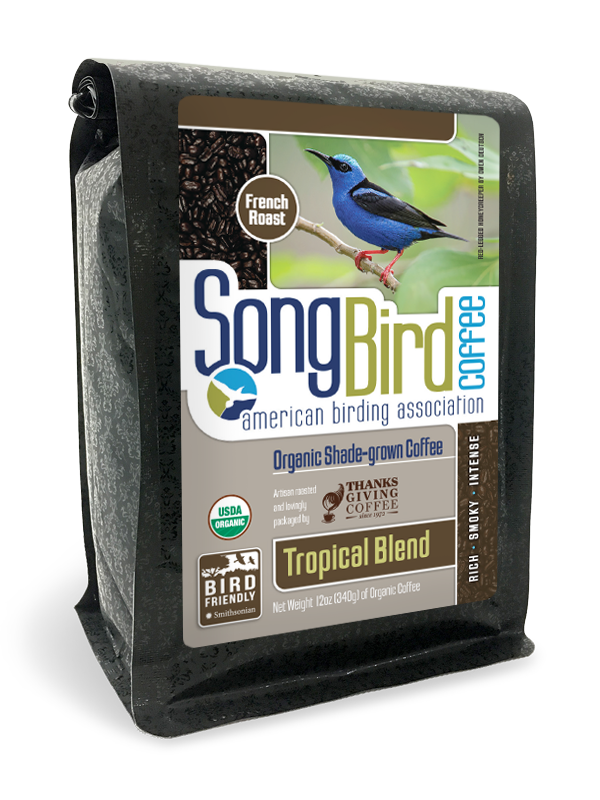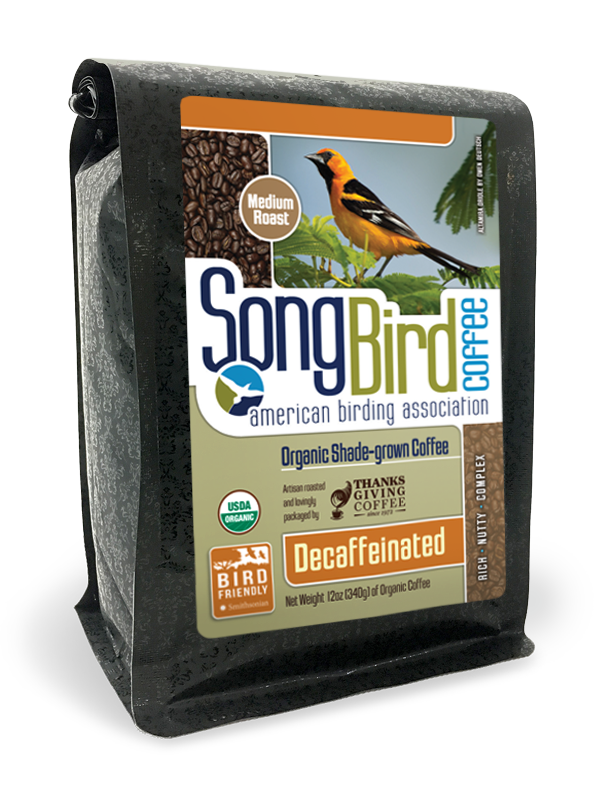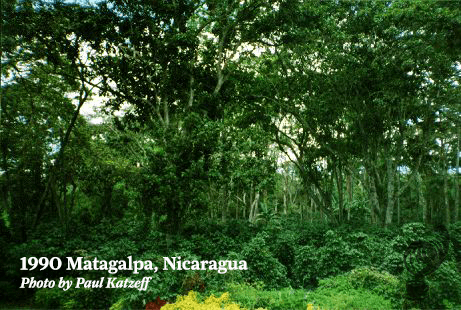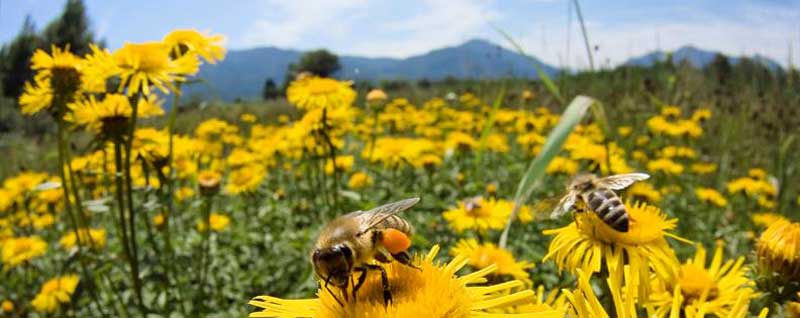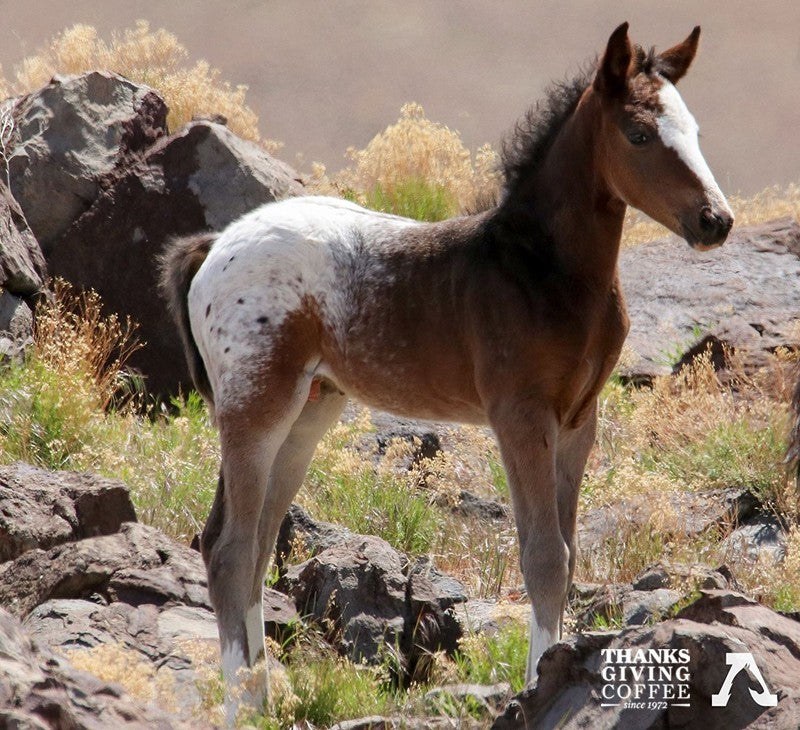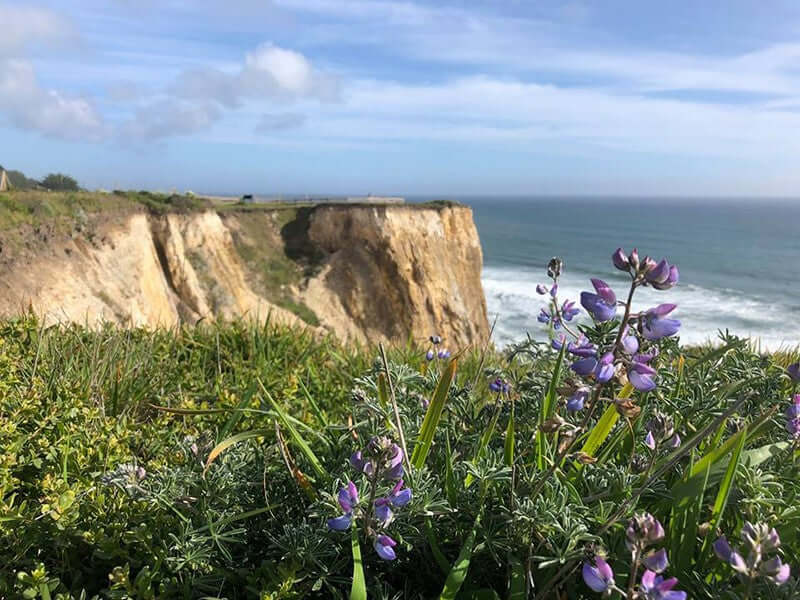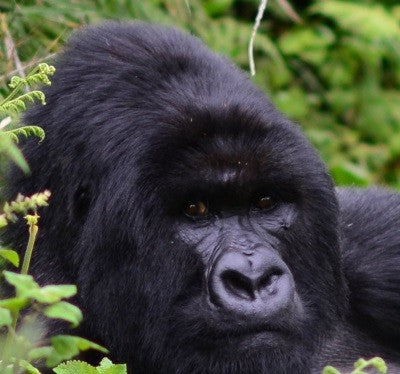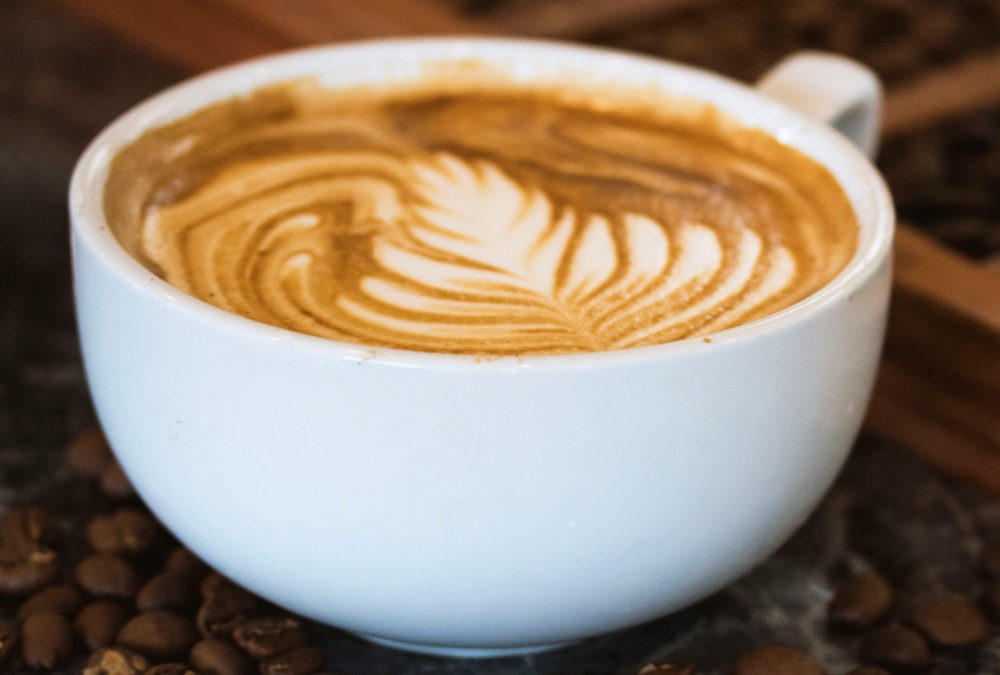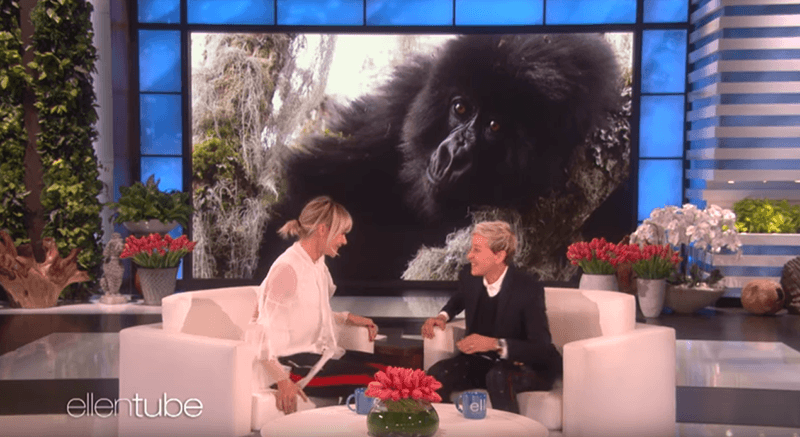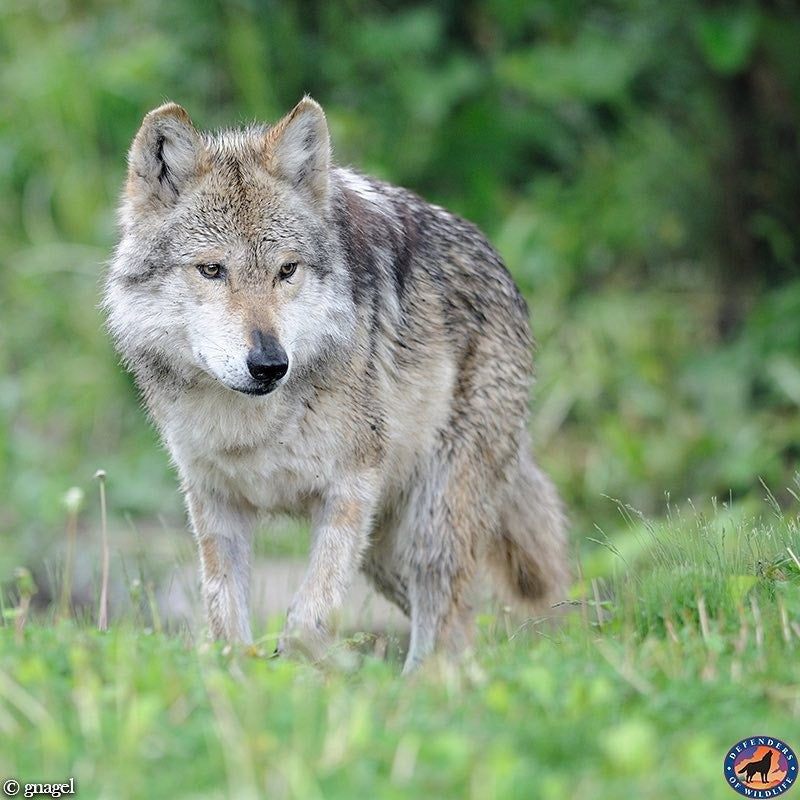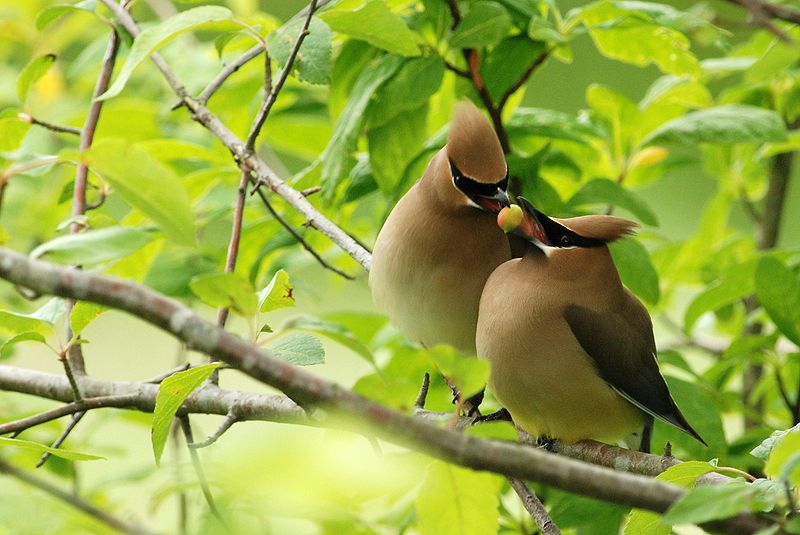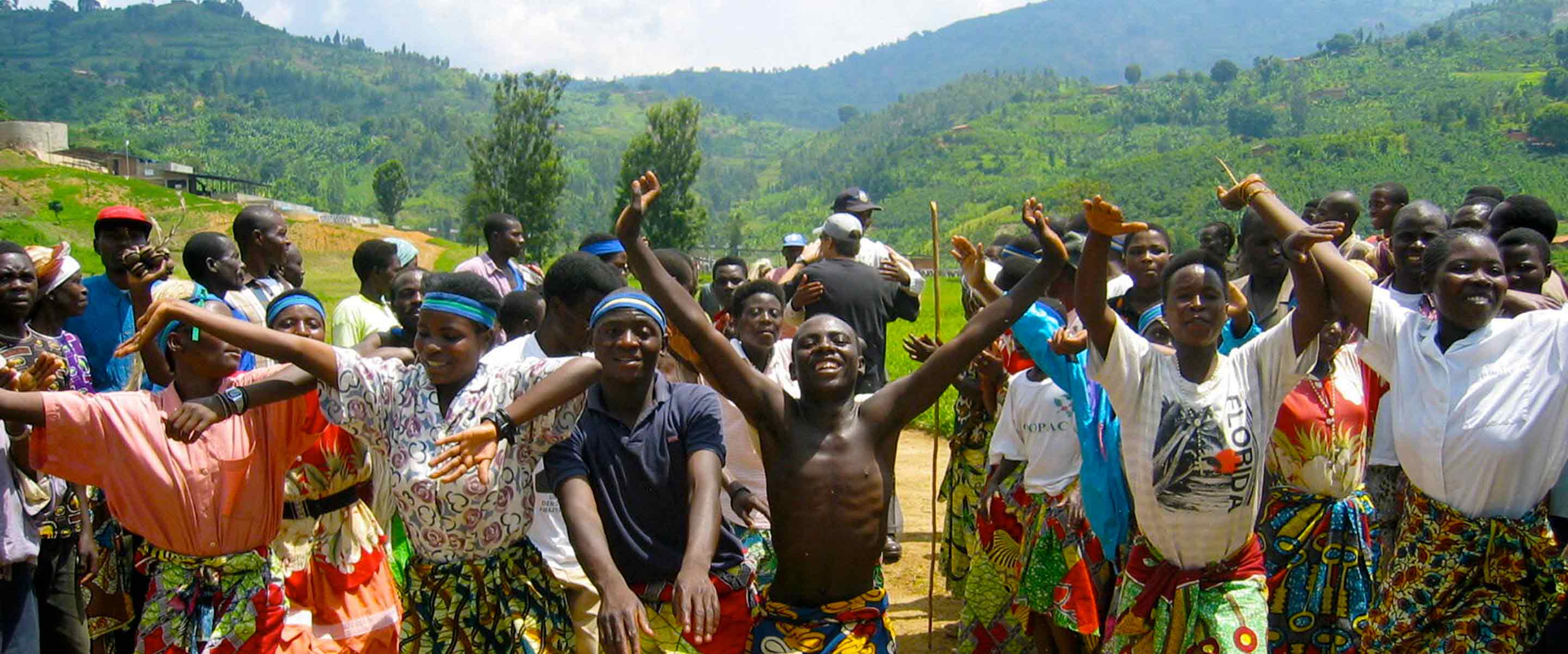
News, Stories and more
Our Blog
View BY :

Roots of Justice | Paul’s Blend –
Our Founders’ Roast
January is a month of return.
After the rush of the holidays, we slow down, reflect, and set intentions for the year ahead. At Thanksgiving Coffee Company, January brings us back to the beginning - to the land, the relationships, and the values that shaped who we are.
Paul’s Blend is where that story starts.
Born on the Mendocino Coast in 1972, this Founders’ Roast honors Paul Katzeff’s lifelong belief that coffee could be more than a commodity - that it could be a tool for justice, dignity, and connection between people and place.
This is the coffee that carries our roots.
Paul Katzeff at the original roastery on Noyo Harbor, CA
A Cup Born from Mendocino
Thanksgiving Coffee Company was founded in a working harbor town shaped by fishermen, artists, and back-to-the-land dreamers. Mendocino’s rugged coastline and radical imagination influenced everything - from how we roasted coffee to how we built relationships with farmers around the world.
Paul’s Blend reflects that origin story. It is a classic medium roast crafted with consistency and care, developed through decades of roasting experience and long-standing partnerships with smallholder farmers.
This is not a trend coffee.
It’s a foundational one.
Original roastery on the Noyo Harbor, California
Ariel view of the Noyo Harbor with original roastery and new roastery
Roots of Justice in Every Cup
Paul Katzeff came to coffee as a social worker and community organizer. That background shaped the values that still guide Thanksgiving Coffee today:
- Long-term, direct relationships with farming partners
- Paying prices that honor labor and sustain families
- Investing in farmer-led quality control and education
- Believing that quality of life and quality of coffee go hand in hand
Paul helped pioneer farmer-owned cupping labs, co-founded the Specialty Coffee Association, and advocated for organic and shade-grown coffee before it was mainstream.
Paul’s Blend is a tribute to that legacy - steady, thoughtful, and built for the long view.
Paul’s Blend Organic Medium Roast coffee.
Flavor Profile: A Foundational Medium Roast
Paul’s Blend is designed to be approachable, balanced, and deeply satisfying—an everyday coffee shaped by decades of craft and care.
Tasting Notes:
- Blueberry and gentle fruit sweetness
- Smooth cocoa and milk chocolate tones
- Soft cashew nuttiness
- Clean, comforting finish
It’s a coffee that meets you in the morning and stays with you through the day - expressive without being loud, familiar yet layered, and grounded in the flavors Paul has always loved most.
Paul's Blend is one of the award-winning coffee roasts from our 2017 Roaster of the Year prize.
Honoring Martin Luther King Jr. and the Roots of Economic Justice
January is also a time to honor leaders who shaped the path toward justice, dignity, and shared responsibility. As we observe Martin Luther King Jr., we reflect on Dr. King’s enduring belief that civil rights and economic justice are inseparable - that a truly just society must honor the dignity of labor and ensure fairness within the systems that sustain everyday life.
Dr. King spoke often about the moral responsibility of both institutions and individuals, calling for an economy rooted in respect, equity, and human worth. He believed that progress is built not only through historic moments, but through consistent, values-driven actions - often quiet and unseen- that collectively shape the future.
Choosing where your coffee comes from is one of those choices. Every cup of Paul’s Blend supports long-standing relationships, ethical sourcing, and a belief that economic fairness begins with respect and reciprocity.
The 1963 March on Washington for Jobs and Freedom, where civil rights and economic justice were brought together in a call for dignity, fair labor, and shared humanity.
The March on Washington for Jobs and Freedom stands as a powerful reminder that the movement for civil rights was also a movement for economic justice. It called for fair labor, living wages, and systems that recognize the full dignity of every person’s work.
Dr. Martin Luther King Jr. understood that justice must be woven into daily life - from wages and work to how communities care for one another. As we reflect on this moment in January, we are reminded that meaningful change is carried forward through sustained commitment and everyday choices - values lived out not only in moments of history, but in the practices we choose to uphold.
Paul’s East Harlem Buying Club, 1962
These photographs document a food buying club organized by mothers in East Harlem in 1962, operating out of the basement of a public housing project. Faced with high food prices, limited access to fresh ingredients, and the daily pressures of poverty, these women came together to solve a shared problem: food security for their families.
By pooling resources and purchasing food collectively, they lowered household food costs and increased disposable income - profits were shared, and expenses reduced through cooperation rather than competition. The food they sourced reflected their own cultural traditions, allowing families to eat healthier, familiar meals while maintaining dignity and autonomy.
Mothers in East Harlem working together in 1962 to organize a cooperative food buying club, using collective purchasing to improve food access, reduce costs, and strengthen community resilience. Photos by Paul Katzeff
An unexpected outcome emerged alongside the economic impact. The act of solving a community problem together fostered pride, hope, and a renewed sense of agency. The enthusiasm visible in these images reflects more than a transaction - it reveals the mental and emotional benefits of collective action and women-led leadership.
This grassroots model would later inform the next generation of food cooperatives, including Ukiah Natural Foods, and ultimately influence the cooperative principles that shaped businesses like Whole Foods Market. Long before “alternative food systems” entered the mainstream, these women demonstrated that necessity, creativity, and cooperation could build resilience from the ground up.
The values that shaped this moment - cooperation, dignity, and shared prosperity - would later shape how Paul approached coffee. Paul’s Blend carries that lineage forward, offering a daily ritual grounded in justice, relationship, and care.
Simple Recipe:
Paul’s Mendocino Morning Latte
A grounding ritual for the start of the year.
Ingredients:
- Double espresso brewed with Paul’s Blend
- Steamed milk
- Light honey drizzle
Instructions:
- Pull a double espresso using Paul’s Blend.
- Steam milk until silky.
- Combine and finish with a gentle honey drizzle.
Enjoy slowly - best paired with a quiet January morning and a clear intention for the day ahead.
A Cup That Started a Movement
Paul’s Blend is more than our Founders’ Roast.
It’s a reminder of what’s possible when coffee is rooted in land, relationship, and justice.
As we begin a new year, we invite you to start your mornings with intention - grounded in gratitude, guided by values, and connected to a story that began over fifty years ago on the Mendocino Coast.
Where to Go Next
Stay Connected
Join our Mailing List - for stories from origin, brewing tips, and seasonal releases.
With Gratitude Since 1972
To our farmers, our Mendocino community, and everyone who shares this daily ritual with us - thank you.
Your cup carries our roots forward.
Not Just a Cup, But a Just Cup™
Lavender Grace is the Sustainability Consultant for Thanksgiving Coffee Company
Stay in touch - we like to stay connected
Paul's Blend: Roots of Justice
January feature highlighting Paul’s Blend as Thanksgiving Coffee Company’s Founders’ Roast. This post explores the Mendocino Coast origins of the brand, Paul Katzeff’s legacy in ethical sourcing and specialty coffee innovation, and the theme of Roots of Justice tied to New Year reflection and Martin Luther King Jr. Day. Includes product storytelling, brewing ritual, and direct link to purchase.
read more-
![Recognizing the Value of Women's Unpaid Work]()
Revolutionary Fund to Recognize the Value of Women’s Unpaid Work
A momentous action for gender equality and economic justice came into being and called to mind the roots of fair trade. Thanksgiving Coffee Company had the privilege of being at its epicenter when it began eight years ago in 2013 .
For 20 years Thanksgiving has purchased green coffee beans from the farmer co-operative Soppexcca in Jinotega, Nicaragua. Under the leadership of Fátima Ismael who believes that ‘woman’s independence can only be achieved through economic autonomy and awareness,’ Soppexcca became the first coffee farm to enact an initiative to pay women for their unrecognized work.
Joan Katzeff, Co Founder of Thanksgiving Coffee on left with Fátima Ismael, Director of Soppexcca on right.
Thanksgiving Coffee Companies Co-founder Joan Katzeff wrote about her visit to Nicaragua in her post Women in Coffee part one.
This initiative was created with Etico, the Ethical Trading Company in 2013 and was part of the agricultural cooperatives, charities, and consumer companies they work with for one common goal – to raise the quality of life for those who most need it. In this case, the focus was on the unpaid work of women who make up 49.58% of the world’s population, yet are disproportionately represented among the most marginalized.
Despite making significant, often unrecognized, contributions to their local economies and to economic development, women face multiple and overlapping barriers in terms of access to education, information, decision-making power, or earning power.
To understand these limitations we need to look at how gender equality plays out in the economic landscape of the 21st century. When the GDP (Gross Domestic Products) was created in 1953, the global economy has only included transactions where money changed hands. According to a recent UN Report, the monetary value of unpaid care work is estimated to be 10 to over 50 percent of the GDP. An article from B of A reported in May 2021 this total was estimated to be $11 trillion per year.
If we look on a global scale it is estimated that 2/3 of the world’s work is unrecognized and uncompensated, and women do between 60-70% more of that work than men.
(For a great overview take a look at this video The unpaid work that GDP ignores — and why it really counts by Marilyn Waring.)
The Nicaraguan initiative aims to address the link between paid and unpaid work. For Thanksgiving Coffee Company this translates into an additional $0.10 per pound above the standard price paid for green coffee. As of 2021, this has totaled $30,000 paid into the women’s fund.

The Cooperative uses these funds to empower women by making organizational, financial, and educational resources available to them. Here are a few examples: Independence and security of having savings in their name, more women are joining the cooperative as full members, a positive example of development for youth and the next generation.
The groundbreaking Unrecognized Work of Women Fund is exactly the type of work that is built into the heart of our mission, to use coffee for social, environmental, and economic justice. The women of Soppexcca say it’s working, and we see the change. If you want to go deeper into the origin you can read the doctoral paper “Pricing Fair Trade Products to Include Unpaid Labour and Empower Women – the Example of Nicaraguan Sesame and Coffee Cooperatives” by Felicity Butler, Catherine Hoskyns, Nicholas Hoskyns.
To try Soppexcca’s Organic and Fair Trade coffee from Nicaragua you can purchase the Flor de Jinotega
We use Soppexcca in our Bee Bold Cause Coffee in Dark and Medium, which uses their coffee as the main bean in the blend.
Recognizing the Value of Women's Unpaid Work
read more -
![Honey Bee Day 2018]()
Honey Bee Day 2018
This Saturday is National Honey Bee Day! Take time in the garden and around your neighborhood to thank the pollinators around you this weekend. These little black and yellow insects play a vital role in keeping all of us alive on this planet, and they are worth taking the time to appreciate.
In addition to simply appreciating these creatures, it’s also important to learn more. Why do we need pollinators? What would happen if bees went extinct? What action do we need to take to make sure communities are protecting our bees? Take a look at the Bee Action Friends of the Earth page to get a better idea of what you can be doing for your community.
Thanksgiving Coffee on Honey Bee Day
 In 2016, Fort Bragg became the first Bee-Friendly City in California. This was due to the efforts of local beekeepers, the Fort Bragg Garden Club, and Thanksgiving Coffee. We were proud to lead the movement in California toward ridding our state of harmful pesticides and neonicotinoids that are killing our pollinators. Over the course of the past two years, Thanksgiving Coffee Company has partnered with two organizations to save our pollinators: our local Noyo Food Forest in Mendocino County and the international group, Friends of the Earth. We have raised over $17,000 for these non-profits, thanks to YOUR support of Bee Bold Coffee.
In 2016, Fort Bragg became the first Bee-Friendly City in California. This was due to the efforts of local beekeepers, the Fort Bragg Garden Club, and Thanksgiving Coffee. We were proud to lead the movement in California toward ridding our state of harmful pesticides and neonicotinoids that are killing our pollinators. Over the course of the past two years, Thanksgiving Coffee Company has partnered with two organizations to save our pollinators: our local Noyo Food Forest in Mendocino County and the international group, Friends of the Earth. We have raised over $17,000 for these non-profits, thanks to YOUR support of Bee Bold Coffee.
Pick up a bag of Bee Bold Coffee at your local grocery store, or grab a bag online through our web store. Let’s celebrate National Honey Bee Day together, and save our pollinators!
Honey Bee Day 2018
read more -
![Mendocino Trail Stewards Update]()
Mendocino Trail Stewards Update
Mendocino Trail Stewards Reflects on Progress
by Chad Swimmer – President
July 10, 2021, marks sixteen months since the founding of the Mendocino Trail Stewards–488 days that have changed my world irrevocably. It wasn’t just that six mountain bikers gathered around a table then somehow matured to a coalition which has grabbed the attention of the highest levels of the state government. It wasn’t only the pandemic, the acceleration of climate change, the barely averted July 6 Capitol Hill putsch. It wasn’t vapor trail-less blue skies turning apocalyptic orange, the shattering of heat records across the Pacific Northwest, the dying of billions of clams and mussels.

It was a greater transformation, a surprising ray of hope for the future, an unlikely group of strangers joining hands and hearts into an unexpectedly effective coalition, one which includes the Pomo People, young children, once-retired forest activists, and climate scientists, among others. The Coalition to Save Jackson State Forest has struck a chord with our push for accountability, tribal rights, and a legislative solution to the California Department of Forestry’s (CDF) mismanagement of our beloved public lands. Fueled by a pervasive rage at the Trump Administration’s incessantly racist crisis-mongering and by the powerlessness we all felt with Covid-19 sweeping the nation, our ranks have boomed.We have opened the door on an issue right in our backyards, one combining our love of the redwood forest with our greatest fear: climate-driven annihilation.
Michael Hunter of the Coyote Valley Band of Pomo
From 18-year old Greasy Pete, who climbed into Mama Tree’s branches and captured the imaginations of thousands on April 9, to 5-year old Jory, our youngest activist hero, to Paul and Joan Katzeff, whose Redwood Forest Reserve Blend Coffee has kept me organizing late into the night. From the prayers and blessings of Priscilla and Michael Hunter of the Coyote Valley Band of Pomo, the tireless work of their lawyer and ally Polly Girvin, to U’ilani Wesley’s proud chants echoing through the groves, the people of Mendocino County are again at the forefront of change.
CDF has been forced to take notice and they are fighting back, but we still have the moral upper hand. Members of the Mama Tree Network and Redwood Nation Earth First! have repeatedly stopped timber harvest operations, saving thousands of trees and frustrating forest managers. Public comments submitted to CDF have delayed the approval of the controversial Little North Fork Big River and Mitchell Creek plans by months–and hopefully indefinitely. We have overwhelmed California Natural Resource Agency meetings with our calls for change.
Where we go from here is uncertain, but our aim is high. We are drafting litigation to rewrite the Forest Practices Act for the entire State of California, righting historic wrongs and paving the way for this forest to become our ally in protecting our children’s future. Join us for our first ever Caspar Forest Fest, on July 31, from 1:00 to 7:00 at the Caspar Community Center for music, speakers, food, kids’ fun, and to find out how you can become a part of it. Hope to see you there!
Join us for our first ever Caspar Forest Fest
July 31, from 1:00 to 7:00
at the Caspar Community Center
Mendocino Trail Stewards are working to create a visionary model demonstration forest on the Northern California Coast, the Mendocino Coast Redwood Forest Reserve, 20,000 acres of second growth coast redwood forest, preserved in perpetuity for the demonstration of how humans and nature can partner to:
- Fight Climate Change
- Restore Degraded Ecosystems
- Promote Spiritual & Mental Health
- Support Sustainable Economies
Sign the petition and add your voice to the movement to #createthereserve.
The Coffee
The Mendocino Trail Stewards’
Redwood Forest Reserve Blend
When you drink this coffee, your purchase supports Mendocino Trail Stewards’ efforts to create the Redwood Forest Reserve.


Medium Roast
A big, bold, sweet and fruity cup of coffee – with a long finish.
Your purchase supports forest conservation efforts by Mendocino Trail Stewards.

Dark Roast
A bold, sweet blend with hints of nuts, chocolate, and caramel.
Your purchase supports forest conservation efforts by Mendocino Trail Stewards.

Decaf
Complex and sweet enough to enjoy straight, yet bold enough to punch through milk.
Your purchase supports forest conservation efforts by Mendocino Trail Stewards.
Mendocino Trail Stewards Update
read more -
![The Coffee that Gives Thanks]()
The Coffee that Gives Thanks
Giving Thanks
You probably know this already. There is a common misconception about our company name where people think that it means we are all about the holiday in November. We like turkey and family gatherings just fine, but our name means something else. Something more.
It is about Giving Thanks with Coffee.
Our logo, the cornucopia and the cup, symbolize the sharing of a farmer’s bounty. It is the beautiful harvest from farmers and co-ops who love their coffee trees, that pours into every cup of Thanksgiving Coffee.
A just cup indeed.
Our logo, the cornucopia and the cup, symbolize the sharing of a farmer’s bounty. It is the beautiful harvest from farmers and co-ops who love their coffee trees, that pours into every cup of Thanksgiving Coffee.
A just cup indeed.

So what does it mean to “give thanks with coffee”?
We give to coffee farmers through fair trade practices, through projects at origin which aim to improve their quality of life, and by supporting them through the hard times. We do this because it is the right thing to do, and as a result of this care, the quality of our coffee is unparalleled.
Beyond the thanks we give to coffee farmers, we give thanks WITH coffee through our Cause Coffee partnerships. Each Cause Coffee represents a community that is doing the hard work to make our world a better place, and they need as much support as they can get. We recognized an opportunity to help these communities, and have created many Cause Coffees which provide support for their hard work by donating 20% of every package of their coffee we sell online- to give them thanks, with coffee.
You probably know about our Cause Coffee partnerships with the Dian Fossey Gorilla Fund International (Gorilla Fund), the American Birding Association (Song Bird), the American Wild Horse Campaign (Wild Grounds), the Bee Bold Alliance (Bee Bold), and Defenders of Wildlife (Save Our Wolves). They each do amazing work, and we are thrilled to have provided them support over the years.
What you may not know about are some of the smaller organizations we have partnered with, but no worries, I’ll introduce you:

The Mendocino Land Trust (Fog Dodger), whose mission is to conserve and restore valuable natural resources of the Mendocino County region. They are dedicated to providing public access to the coast and protecting working farmlands and forests, wildlife habitat, open space, scenic vistas and watersheds.

The Point Cabrillo Lightkeepers Association (Lightkeepers Blend), whose mission is to manage, protect, restore, interpret, and provide public access to the historic Point Cabrillo Light Station State Historic Park, and to assist State Parks in maintenance of the historic structures and gardens to ensure this national treasure for current and future generations.

Baby Rhino Rescue (Baby Rhino Rescue Coffee), who work with the real people on the front lines: the rangers in the bush, the vets caring for the injured orphaned rhinos, the sanctuary experts rehabilitating traumatized rhinos; who are all working together to save rhinos from extinction.
You can find their Cause Coffees online with the links above, and I encourage you to read more about them and to support their work. It is your support that puts the “giving” in Thanksgiving Coffee. We really could not do any of this without you.
Thank you!
The Coffee that Gives Thanks
read more -
![Pollinator Week Partner Post]()
Here is a post from our Bee Bold Alliance partner Conservation Works, with a highlight on our collaborative efforts to restore biodiversity and support local food systems with youth.

Stitching Together Bee Patches of Pollinator Habitat
By Oona Heacock, Executive Director of Conservation Works

On a foggy morning along the Westport Headlands Park, Conservation Works volunteer Joan Wier sets up tools for a group of Bee Bold Youth Core teens and their parents as they gather to plant a new habitat garden for bees. As the teens arrive at this dramatic seaside park, Joan guides them around the perimeter of the future garden, hanging string around wooden stakes that the group pounds into the mowed grass to form the shape of a whale in honor of the Westport Whale Festival held each year at this site. A Bee Patch is being created.
“The trick is to plant 3 foot blocks of the same kind of flower to attract pollinators and plant four seasons of bloom,” Weir explained. She went on to demonstrate how to hand grub the grassy headlands site to expose soil and then directed one mom and daughter pair to cast native lupin seeds directly onto the soil while others mixed seeds with clay to form little seed bombs which later would be rolled onto the site at the end of the day.


Bees are struggling. Multiple factors are causing this decline, but coming together as a community and involving youth to plant a “Bee Patch” of native flowering plants along with clean water and places to rest and nest along our farms, parks and homes can make all the difference in restoring healthy bee populations.
Conservation Works believes that the likelihood of long-term environmental sustainability of our pollinators needs to involve the next generation. Our Bee Patches program energizes youth to choose to be environmental stewards throughout their life, and nurtures them to become the change-makers for taking direct action to reverse the downward spiral in pollinator populations.
Bees inspire a sense of wonder and fascination in most of us and can be a good way to introduce youth and community groups of any age and background to the larger natural world. Bees can be found in any landscape. We will never see most of these furry little wildlife because they’re fast, often small, and nest underground. But take a summer stroll out in your garden or at a local park and you’re likely to spot more bees than you can count. Other beneficial insects and hummingbirds use a garden, too, as it’s a busy oasis of year-round habitat and food resources. Planting a garden is a powerful way to take local action and provide an offset to mounting, worldwide pollinator declines.


Everyone can take action with Conservation Works and the Bee Bold Alliance during National Pollinator Week by growing pollinator-friendly flowers, providing nest and rest sites, avoiding pesticides, and spreading the word. And don’t forget to make your commitment official by becoming a Pollinator Protector. Make your pledge.
Pollinator Week Partner Post
read more -
![Marilyn Monroe, Clark Gable and the Mustangs]()
I met my first wild horse in a movie theatre in Greenwich Village in 1963.

The story behind Wild Grounds Coffee
By Paul Katzeff, Co-Founder & Roastmaster Emeritus
He was on the wrong end of a lasso being held by Clark Gable. The horse was bucking and raising up on his hind legs, pulling desperately away from his capture. Marilyn Monroe was pulling on Clark’s hand pleading for the horses freedom. Clark was determined to get his horse and another payday. The Name of the Movie was The Misfits and was about three Aging Cowpokes who once made their living capturing Mustangs and selling them into the slaughter houses for meat. In this movie they complained about how the horses were no longer in abundance , hard to find and it was impossible to make a decent days pay capturing the ‘things’. Maralyn was as beautiful as the horses eyes, fierce now but with long lashes and deep deep soft eyes. Marilyn was beautiful but it was the Mustang, fighting for her freedom, that stole my heart,
Today, 58 years later there is a similar story playing out on the millions of square miles of rangeland between the western slope of the Rocky Mountains and the Eastern slope of the Sierra Nevadas. Today it is not aging cowboys in Pick up trucks and lassos , but Federal Agents in Helicopters rounding up entire herds of free horses and burros and their children, often in the chaos separating family members or driving the horses to their death in the frenzy. Hay Feds, what’s the problem?
The round ups gather the horses into corals so they wont compete for the space grassland feed out there on the range. Thet range is for the Beef Cattle ! Our government leases our citizen owned land to cattle ranchers they can make money selling beef to our meat eating society of which I must admit , I am one. The cost of feeding jailed Mustangs is estimated to be in the billions. And why, when the 1970 Congress afforded Mustangs America’s protection, has all the Bureau of Land Management continued to harass the best symbols of freedom we have ?
A horse has eyes that tell a story. Each of us who have looked into the eyes of a Mustang will never forget the moment , never.
Yes, it happened for me long ago in a movie theatre but last October, on the way from Northern California to Phoenix to play baseball , I pulled my car onto a a sandy dirt road to nowhere and drove into the dessert just to see what was out there on that dirt road to nowhere. About five miles in, there they were ! Three magnificent free roaming Mustangs …and they were looking at me from a hill about a home runs distance away. I stopped, my heart jumping , I exited my car and laid down on the very hot sand and stared back. Finally, the circle was complete. I saw them alive and free.
Who belongs on that land we, as citizens own but have delegated the responsibility for their safety to The Bureau of Land Management to secure ? And why has the BLM chosen to represent the Cattle Industry and not our Mustangs?
When I discovered that others of my kind were fighting for them too, we joined the American Wild Horse Campaign and created a coffee package to tell coffee lovers whose side we were on. As with our other Cause Coffee programs, we wanted to empower our customers to help raise funds and awareness for this important work.
Horse and stuntman in the 1960 film "The Misfits"
Every time you purchase a package of AWHC coffee, Thanksgiving Coffee Company donates $3.00 to the AWHC.
When we are a bit further past this COVID-19 Pandemic we are planning a visit, jointly with AWHC staff, to visit and see these magnificent spirits up close. I hope you will be able to come with us. Until then, buy their coffee and know you are on the bus with us. And let me use that old expression , “The steak is as good as the sizzle “ when I say that the coffee inside the package is as good as it gets. You be the judge.
Wild Grounds Coffee
supports the American Wild Horse Campaign
The American Wild Horse Campaign (AWHC) is dedicated to preserving American wild horses and burros in viable free-roaming herds for generations to come, as part of our national heritage.
Since 2004, this organization has been raising awareness and making change for America’s wild horses. Thanksgiving Coffee Company has partnered with them to create Wild Grounds, a cause coffee to save the wild horses.
Marilyn Monroe, Clark Gable and the Mustangs
read more -
![COVID-19 Precautions at Thanksgiving Coffee]()
COVID-19 Precautions at Thanksgiving Coffee
What we are doing to keep our employees and customers safe
We take health and well being very seriously, and have been ahead of the curve when it comes to responding to the COVID-19 crisis. Thanksgiving Coffee implemented these new strict company-wide guidelines as Proactive Measures against the spread of the Coronavirus on March 17th.

- No visitors. All tours of our roastery, coffee cuppings, and espresso training sessions have been canceled.
- Deliveries to the office are received outside and then decontaminated.
- Office staff has transitioned to working from home.
- We re-configured our coffee package production line to give more space to our production staff.
We are disinfecting all the things:
- Shipments of green coffee are decontaminated before stocking.
- All production counters and surfaces are disinfected at the beginning and end of each day.
- All hands are washed, then washed again.
This is a constantly evolving situation. Please check back on this post for updates.
We are doing everything we can here at Thanksgiving Coffee to make sure that we stay healthy and operational so that A Just Cup is always full.
COVID-19 Precautions at Thanksgiving Coffee
read more -
![Introducing the Bee Bold Alliance]()
Bee Bold Alliance
A Regenerative Network for Pollinator Protection
Right now, bees are dying worldwide at an alarming rate. Why should you care? Because bees and other pollinators are an essential link in the food chain—our food chain.
The Bee Bold Alliance is a movement to help people attract and sustain pollinators in their home gardens, and at their place of work through habitat restoration and creation.
The Bee Bold Alliance blog will share stories that follow both the root causes for the disappearance of the bees and why it is so important to listen to the pollinators. Join us as we explore the diversity and abundance of our Pollinators of the world.
The Four Areas of Focus:
Culture: How Beauty, Art, and Intention Influence our Ecology
Provisions: The Power of Food & Herbal Medicine for Global Health
Regulation: Regenerative Systems for Ecological Solutions
Support: Soil and Water Health, and Traditional Place-based Knowledge of Native People
In these stories we tell how to collaborate with our Bee Bold Partners for the greater good of all. We will look into how we learn from our mistakes and utilize all of the tools available to us to solve the problem of our disappearing pollinators and the huge impact this has on our ecology.
As a Certified B Corp Thanksgiving Coffee Company is prepared to lead the way for Pollinator Protection in our community and beyond.
The Main Objective
The Bee Bold Alliance is about helping people learn how to attract and sustain pollinators in their home gardens & at their place of work through habitat restoration and creation.
However we will not stop there, we are going to look deeper into the root cause of the disappearance of pollinators and discover modern solutions, that perhaps have previously been overlooked.
To find examples of a sustainable relationship with the earth, we will look to a regenerative ecology network that includes Traditional Ecology Knowledge (TEK). Incorporating the Indigenous place based wisdom gathered from around the world by those who develop and maintain a deep and ancestral connection to the land.
Each One Of Us Carries A Piece Within, It Is Up To Us To Find It, And Use It For The Greater Good.
You too, are part of this solution, and I thank you for being here. Your support on this collaborative project is essential. Your participation will allow us to move forward for a bountiful future for all. If you are coffee drinker, make your coffee our Bee Bold Coffee and support pollinator protection in your local region every morning.
The Beginning
The Bee Bold Alliance came into focus in 2018, just after receiving a loud and clear message that it was “my time” be a steward of this land. Shortly after I received this message, Thanksgiving Coffee Company invited me to relaunch the Bee Bold project.
In revitalizing this campaign, what was once Bee Bold Mendocimo became the Bee Bold Alliance for Pollinator Protectors. The more I learned about my role in leading this campaign, the less I truly know. For example, now I understand it is not about being a “steward”, one who watches over the land, but more importantly one who actively gives to the land before one takes. To be full of gratitude for all we are given. To move through each day with honor and respect for the Earth that gives us every little thing that we need.
The Bee Bold Alliance is a reminder that you can give to the land you live on, to the land you do your business is on, and to the community you are part of. The vision is to build native food forest with Native People, with the seed savers, and to support the health of our new generations. The Bee Bold Alliance is about honoring the original care givers of these lands, and protecting the pollinators who allow us to grow the seeds of real food to nourish our bodies and our hearts.
As we develop this full spectrum ecology system for pollinator protection, we must include the practices of cultural ecology.
- Learn from the wisdom of our elders who remember and hold these stories of how we can adapt to our changing world.
- Revitalise the rich lineage of community song & dance as an important piece of the creation processes in our food system
- Remember and recreate connection to the spirit of life through our culture,
- How is sound health for our ecology manifested?
The Earth is full of abundance, the gifts of life are all around us, and all that we need to survive comes from this great planet Earth. How do we learn to live in harmony with the Earth and all its inhabitants? This is what I want to know, and I will take you through this journey of learning, as we travel many roads and look at many different tools that can be utilized in this work of rebalance, harmony, well being and sound health.
Here we are at the beginning of an emerging network for mutual support of our pollinator protectors: it will grow as we build it. Our World is as resilient as we make it. Let us find this new form of global coherence with the aid of one another. I hope you will join us on this journey. Become a pollinator protector with the growing Bee Bold Alliance here.
Follow the Evolution of the Bee Bold Alliance
2015: The 1st Bee Bold Advisory Committee
2016: Our 1st Bee Bold Event
2016: Fort Bragg becomes 1st Bee City USA in CA
2020: Introducing the Bee Bold Alliance
2020: The Way of the Bee Bold Alliance
2021: 4th World Bee Day
2021: Live Feed- World Bee Day
2022: Expanding Our Story of a Growning Alliance
2023: Native Cinema 2023- Groundworks
Lavender Grace is the Sustainable Consultant for Thanksgiving Coffee Company
I want to thank the many wonderful advisors who have informed this work
Introducing the Bee Bold Alliance
read more -
![Ancient History of Pollination]()
Ancient History of Pollination
“Go to your fields and your gardens, and you shall learn that it is the pleasure of the bee to gather honey of the flower, But it is also the pleasure of the flower to yield its honey to the bee. For to the bee a flower is a fountain of life, And to the flower a bee is a messenger of love, And to both, bee and flower, the giving and the receiving of pleasure is a need and an ecstasy.” Kahlil Gibran

There has been a lot of talk about pollinators in recent years, and how the declining populations of honeybees will affect food production. But have you ever wondered how it all started? When I began to write this, I had a rather broad understanding of pollination. However, the more I learned, the more questions I had. How did pollination come into being? Why is it so important to us now? Let’s take a deep dive into ancient history to learn a little more about the origins of pollination.

Pollination is believed to have begun around 130-150 million years ago. Basically, pollination is plant sex: the way plants spread and combine their genetic material to create new generations of plants. It is also essential to the production of fruit and seed crops that form the basis of our current food system. In the earliest forms of pollination, plants would scatter their pollen (male seed) to the wind and hope that a portion would land in the right spot on a female flower (stamen) and voila, there would be “chemistry”! However, this is an extremely unreliable way to reproduce. Although many plants still use this method, most have evolved into a primary relationship to collaborate with insects.

As early insects were flying around in search of food, they discovered how nutritious pollen was. Then several specialists decided to make pollen their main source and feed solely upon this nourishing golden dust of microspores. As the plants grew and thrived as a result of these relationships, they began to “sweeten the deal” by creating nectar for the services rendered. Flowers began to evolve bright colors to stand out and attract insects, distinguishing themselves from the green leaves and foliage that offered no sweet reward for the hard-working pollinators.
Millions of years have passed since the first flowers developed their pollination practice into the stunning displays we see today. This mutualistic relationship has changed the entire appearance of the earth, into the bright and colorful flowers and the vast variety of fruits and vegetables we all enjoy.

Learning the evolution of pollination from its ancient origins to the intricate and collaborative relationship that now occurs has been an inspiration to me. I hope the next time you receive a bouquet of flowers or taste the sweet juices of your favorite fruit, you think of the 130 million year journey it took to reach you.
Follow the Bee Bold Alliance Evolution
A regenerative campaign from Thanksgiving Coffee to protect pollinators
Ancient History of Pollination
read more -
![The Magical and Miraculous Creation of Honey]()
How is it Done? The Magic of Honey

There is special magic found in the miraculous process of honey.
The dedication and unique skills called upon in these extraordinary pollinators is a true wonder. This golden “ambrosia” of vitality and health is the result of a tireless collaboration of specialists capable of exceptional chemistry.
What is the Mysterious process of Honey Making?
How do these honeybees produce this amazing life-sustaining liquid gold?

First, we must enter into the very heart of the flowers. As we learned in the Ancient History of Pollination, this is where the nectaries are created. The flowers offer up their sugary liquid to the bees with added mutual benefit for both.
Mutualism is believed to be one of the most common ecological interactions in communities throughout the world. The forager bee drinks and fills their special honey stomach full of nectar and then makes a beeline home.

Upon arrival to the hive, the nectar is transferred from one bee’s stomach to another in a process of regurgitation. With each transfer, a special bee enzyme (invertase) is added from each bee via the honey stomach. This is done repeatedly until the optimal viscosity is reached. Then the golden liquid is poured into a hexagon cell to be fanned on my rapidly beating wings. With 80% of the water content evaporated out, the hexagon is sealed with wax and set to cure into honey. This is now a supersaturated solution that contains over 180 components.

This “super” solution provides food and energy for the foraging flights of the bees. To produce one pound of honey, it take over 2 million flower visits, or roughly 55,000 miles flown. Nectar is gathered from a diverse array of sources to help maintain healthy immune systems. The magic of honey is in the diversity of its unique creation. Within the extremely vast healing properties of honey, to the essential role pollinators play in the sphere of our food systems, let honey be a sweet liquid reminder of the full beauty of life itself.


Lavender Grace is the Sustainable Ecology Advocate for Thanksgiving Coffee Company and Consultant for the Honey Hive of Mendocino
The Magical and Miraculous Creation of Honey
read more -
![Springtime for SongBirds]()
The best coffee is grown the traditional way— slowly, under a canopy of shade from taller native hardwood trees. Shade-grown coffees are carefully tended, harvested, and processed by people who know and love coffee, and who depend on it for their livelihoods.
Traditional shade-grown coffee really is a win for everyone: amazing coffee flavors, a fair wage for the coffee farmers’ hard work, and a lush natural habitat for migratory birds. So much good comes from a just cup of coffee.
The History of Shade Grown
By 1996, the United States forests had run out of hardwoods such as oak, ash, maple, cherry, and all the wild fruit and nut trees. These are important woods used in furniture making, home building, veneers for plywood, doors, window frames and a host of other minor but important uses.
The timber industry needed another source of hardwood, so they targeted the temperate rainforests where coffee was grown. The coffee tree is a shade loving plant that withers in the sun and needs shade to be a healthy producer of the coffee fruit. Mahogany and a dozen other hardwood varieties were there for the loggers if only they could convince coffee farmers to cut down their trees.
The destruction of these native hardwood forests is a long story of deception. Governments, in collaboration with multinational corporations, set out to convince farmers to grow their coffee in the sun, claiming that yields would increase and incomes would rise.
Without the leaf litter from the big hardwood trees to fertilize the soil every year coffee trees at Nicaragua Coffee Farms would need oil-based fertilizers. This is how the petrochemical companies became involved. Now with more sunlight reaching the ground, weed killers would become essential. This is how herbicide producer Monsanto became involved. Without the forest habitat for migratory songbirds, natural pest controls were lost. This is how the need for chemical pesticides became essential.
The big chemical companies found new markets and the timber companies gained new inventories of almost unlimited, inexpensive hardwoods. The coffee farmers paid for all this with higher costs, lower quality coffee, toxins entering the water supply, and a 90% loss of biodiversity on their farms.
At least half of all coffee grown in the northern neotropics has already been converted to full-sun plantations.
Preserving these precious jungle forests not only protects biodiversity, but it’s also our greatest asset in mitigating the effects of climate change.
The Smithsonian’s Bird Friendly® certification is the most rigorous environmental certification possible for coffee, and the only one that justifies the use of the much-abused term “shade-grown.”
Based on years of scientific research, the SMBC has developed strict criteria for evaluating shade coffee farms. An independent, third-party inspector determines whether a farm meets these criteria or not. Only those farms that also meet organic certification standards are eligible to be certified Bird Friendly®.Try One of Our Songbird Coffees
Protect biodiversity, with your morning Cup
Like us on Facebook and follow along on Instagram and Twitter for frequent updates, promotions, giveaways and more!
Springtime for SongBirds
read more -
![This is Shade-Grown Coffee]()
 Shade Coffee looks like this: grown under the canopy of indigenous trees. The white barked taller trees are commonly known in Central America as “Inga”. They are great for coffee because they not only provide shade for the trees but also habitat for biodiversity and leaf litter for soil nutrients. Leaves decaying on the forest floor is natural fertilizer. An additional benefit comes from the tree being “leguminous”, meaning its roots deliver nitrogen to the soil, further reducing the need for oil based fertilizers.
Shade Coffee looks like this: grown under the canopy of indigenous trees. The white barked taller trees are commonly known in Central America as “Inga”. They are great for coffee because they not only provide shade for the trees but also habitat for biodiversity and leaf litter for soil nutrients. Leaves decaying on the forest floor is natural fertilizer. An additional benefit comes from the tree being “leguminous”, meaning its roots deliver nitrogen to the soil, further reducing the need for oil based fertilizers.
This environment is perfect for the cultivation of organic coffee. This site is located in Northern Nicaragua and is typical of the Mesoamerican Rainforest that stretches from Panama thru Costa Rica, Nicaragua, Honduras, all the way up to the Yucatan Peninsula. These forests are the home of Black Panthers and the National bird of Guatemala, the famous Quetzal. The trees are full of birds and Howler Monkeys and hundreds of species of orchards. At the higher elevations, coffee trees reflect the quality of this forest in the flavor of their fruit, and finally, in your cup.

When you taste coffee from regions like this, you are experiencing a message from the forest spirits. The expression, “There is magic in this package, only you can let it out” is derived from a walk through this place that I took with my good friend Byron Coralles long ago.
This is Shade-Grown Coffee
read more -
![Pollinator Week 2018]()
Pollinator Week 2018
This week we are celebrating pollinators, and the important work they do for our earth. Happy Pollinator Week, everyone! Thanksgiving Coffee created Bee Bold Coffee in 2015, raising money for legislative action and worldwide awareness for bees through Friends of the Earth, as well as local pollinator awareness through the Noyo Food Forest here on the Mendocino Coast.
Thanks to your generous support of this project, we’ve donated over $17,000 to these two organizations!

Pollinator Week is June 18 – June 24, and it’s an excellent opportunity to spread the word about the importance of our bees
Order an extra bag of Bee Bold Coffee this month to share with your friends, family and coworkers! Let’s work together to make sure these vital pollinators continue to thrive on our planet.

Pollinator Week 2018
read more -
![Best for the World: Thanksgiving Coffee]()
Best for the World: Thanksgiving Coffee
For the third year in a row, Thanksgiving Coffee Company is proud to be named one of B Lab’s Best for the World companies. This distinction is in honor of our ongoing commitment to give back to the communities around us, through our partnerships with international conservation groups, as well as local nonprofits.
What is a “Best for the World” B Corporation?
B Corporations are at the front of a global movement, encouraging people everywhere to use business as a force for good. Over two thousand for-profit companies are making a difference in communities all over the world by giving back and becoming more transparent. In order to achieve a B Corp certification, companies must meet rigorous standards of social and environmental performance, accountability, and transparency.
Every year, B Lab highlights the Certified B Corporations with scores in the top 10% of the entire global community. These are separated out into four different categories: Environment, Community, Workers and Customers. Thanksgiving Coffee Company was in the top 10% of the Community category, and proudly carries the title Best for the World for the third year in a row!
Thanksgiving Coffee Gives Back
Have you taken a look at our Cause Coffee program? We’ve partnered with a wide range of amazing organizations, locally and internationally.
Best for the World: Thanksgiving Coffee
read more -
![Wild Grounds Coffee: One Year Anniversary]()
Wild Grounds Coffee: One Year Anniversary
One year ago, we launched Wild Grounds Coffee, in partnership with the American Wild Horse Campaign. This organization is working to stop the federal government’s systematic elimination of wild horses and burros from our public lands.
Thanks to our generous group of customers and supporters of wild horses everywhere, we’ve been able to donate almost $4,000 to the AWHC, helping fund their efforts to protect these majestic creatures. We are excited to look forward to another 365 days with the American Wild Horse Campaign, and will continue to support them for as long as our wild horses need us!
Coffee Club Subscription
 Have you joined the cause yet? You can sign up for a monthly Cause Coffee subscription right here on our website. For every purchase you make of Wild Grounds Coffee, we donate 25% to the AWHC.
Have you joined the cause yet? You can sign up for a monthly Cause Coffee subscription right here on our website. For every purchase you make of Wild Grounds Coffee, we donate 25% to the AWHC.
Already a Wild Grounds Coffee Club member? Thank you for being a part of the solution! Grab an extra couple of bags this month to pass out to friends and family, to help raise awareness for these majestic creatures. Let’s spread the word about the plight of our wild horses, and work together toward protecting them.
Coffee Descriptions
Not sure what roast color is your style? Take a look at our Roast Color page to learn more about the differences between light, medium, dark and French roasts.
Wild Grounds Coffee: One Year Anniversary
read more -
![Bird-Friendly Coffee at Stow Lake]()
Bird-Friendly Coffee at Stow Lake
For well over a century, Stow Lake has been a San Francisco landmark, a gorgeous piece of the Golden Gate Park scenery. In 1893, this man-made lake was created as a way for people to escape the city, relax and enjoy the scenery–and it continues to be that oasis to this day.
Golden Gate Park is home to a huge variety of songbirds, and has long been an important stopping place for migratory birds on their way up and down the West Coast. This little shelter in the sprawling metropolis of the Bay Area is vital to their journey, and Stow Lake offers the cover they need to rest their wings as they travel. This also makes it a great spot for Bay Area birders to spot more rare species passing through.
Stow Lake Boathouse
The park is also home to the Stow Lake Boathouse, managed by the excellent folks at Ortega Family Enterprises, who operate cafes and concession stands on a number of properties, including the majestic Muir Woods. It only made sense that the Stow Lake Boathouse chose vendors that reflect the values of their unique landscape and substantial bird populations, so as of last month, they are now serving Thanksgiving’s Songbird Coffee lineup! They chose the coffees that would benefit birders and birds everywhere, through the American Birding Association.
Stow Lake, and Golden Gate Park as a whole, offer a chance to put aside stress and worries, take a boat out on the water, and just relax. Thanksgiving Coffee is wholeheartedly a believer in connecting with nature, and Stow Lake lines up with our principles in every way!
On your next visit to San Francisco, grab a cup of coffee at the Stow Lake Boathouse Cafe, and meander around the lake at your leisure. Slow down, enjoy the scenery, and tell them thank you from us for serving Thanksgiving Coffee Company.
Stow Lake Boathouse
50 Stow Lake Dr E
San Francisco, CA 94118
Phone: (415) 702-1390
Cafe Hours:
11:00 am – 5:00 pm Daily
Boat Rental Hours:
10:00 am – 6:00 pm Daily
Songbird Coffee
Our partnership with the American Birding Association has been a decades long project, promoting the importance of shade-grown coffee, and care for migratory birds at coffee origins in Central and South America. Our current lineup includes coffees from Guatemala, Nicaragua, Colombia and Mexico, at farms that have been certified ‘Bird-Friendly’ by the Smithsonian Migratory Bird Center. Click the image below to learn more!

Bird-Friendly Coffee at Stow Lake
read more -
![National Trails Day at Pelican Bluffs]()
National Trails Day at Pelican Bluffs
National Trails Day – The First Saturday of June
Pelican Bluffs Trail Work Day: June 2, 2018 from 10am-12pm
hosted by the Mendocino Land Trust
A mile south of the town of Point Arena, a beautiful new addition to the California Coastal trail has been created at the 70 acre Pelican Bluffs Preserve. Owned and maintained by the Mendocino Land Trust, this epic landscape is free and open for the public to enjoy. Because the Land Trust is not funded by taxes like other parks, the work and energy it takes to maintain open spaces is a burden carried by community members, whether through monetary donations or ‘sweat equity’. Over the past year, volunteers from near and far, in addition to service organizations like the California Conservation Corps, have all come together to build over two miles of trail along this breathtaking blufftop.
From the parking lot, the newly completed loop trail leads visitors up through a coastal prairie that climbs to a crested hill. At the top, the wide expanse of Pelican Bluffs is revealed. Wildflowers speckle the bluff top, while dramatic white cliffs drop away to the rocky beach below. The sound of the waves tumbling over the shore and the smell of the ocean breeze is a feast for all senses. Continue to follow the trail along the coast and you might see seals resting on the beach and whales spouting in the distance, while an osprey soars overhead. Home to Peregrine falcons and the endangered Point Arena Mountain Beaver, Pelican Bluffs is a beautiful place for people and wildlife in equal measure.
This National Trails Day, spend some time helping to take care of the trails and the wild places you love. It’s time well spent, and always worth the effort.
Mendocino Land Trust and Thanksgiving Coffee Company
Thanksgiving Coffee and the Mendocino Land Trust have collaborated to create Fog Dodger, a Cause Coffee benefiting the MLT and their efforts building trails all over our county.
National Trails Day at Pelican Bluffs
read more -
![Congo Coffee Year Anniversary]()
Congo Coffee Year Anniversary
The past year went by in a flash, and it’s hard to believe that we are already three months into 2018. Now that it’s March, we are celebrating the one year anniversary for a coffee that is very special to us: our Congo Coffee, benefiting the Dian Fossey Gorilla Fund International!
Check out our original post from 2017, launching the Congo Coffee.
With a year of supporting the Grauer’s gorillas of the Democratic Republic of Congo under our belts, we wanted to take a look back and see what’s happened in the past year with the Dian Fossey Gorilla Fund.
The DFGFI Turned Fifty
The Dian Fossey Gorilla Fund International celebrated their fiftieth anniversary this last September; this milestone is an tremendous accomplishment for wildlife conservation. Dian Fossey was a true visionary and pioneer, and the team working for the DFGFI now has held up her legacy in a huge way.
Grauer’s Gorillas Numbers are Higher than Originally Thought
In the middle of 2017, the Dian Fossey Gorilla Fund International was thrilled to learn that there were more Grauer’s gorillas living in the Democratic Republic of Congo than originally estimated. This is an uplifting discovery for the non-profit, which has just begun surveying Congo’s enormous Maiko Park where these gorillas live. Read more about this Grauer’s gorilla discovery.
New Research Center in Rwanda
Ellen DeGeneres and Portia De Rossi made a commitment to build a new research facility in Rwanda to further the work of the Dian Fossey Gorilla Fund International. Check out Ellen and Portia’s video here.
We are so excited to move into our second year of supporting the Grauer’s gorillas, and our fifteenth year of partnering with the Dian Fossey Gorilla Fund International. We want to send out a huge thank you to everyone who has purchased our Gorilla Fund and Congo Coffees. Your Cause Coffee subscriptions are the reason we are able to help these organizations that do so much for the wildlife of our planet.
Congo Coffee Year Anniversary
read more -
![World Wildlife Day Coffee]()
World Wildlife Day Coffee
March 3 is World Wildlife Day
This Saturday is the perfect opportunity to spread the word about how wildlife inspires you. It’s also a chance to raise awareness for organizations that are doing the work to protect these creatures. Because of your support, we are able to partner with these groundbreaking non-profits, who are making a difference for wildlife all over the world:

Click the links below to learn more about each of these organizations:
Need some coffee? Head on over to our World Wildlife Day coffee category to order a bag of coffee benefiting one of the organizations above!
World Wildlife Day Coffee
read more -
![Ellen DeGeneres and the Dian Fossey Gorilla Fund International]()
Ellen DeGeneres and the Dian Fossey Gorilla Fund International
The Dian Fossey Gorilla Fund International has been one of Thanksgiving Coffee’s longest partnerships, and we’ve had the pleasure of donating over $40,000, with the help of our customers and wholesale partners.
The DFGFI has been working tirelessly for fifty years to continue the legacy of Dian Fossey, in protecting the magnificent mountain gorillas of Africa. First in Rwanda, and now expanding into the Democratic Republic of Congo, the Dian Fossey Gorilla Fund International has changed the way the world thinks about gorillas, and has preserved and documented five decades of gorillas in the mountains of the Virungas.
Now, they are going to be able to do even more, with the extraordinary donation from Portia De Rossi and Ellen DeGeneres. On January 26, Ellen’s 60th birthday, Portia gave Ellen the gift of furthering Dian Fossey’s legacy and joining the DFGFI by establishing a permanent research center in Rwanda.

You can see the video on YouTube, of Portia surprising Ellen on her show with this spectacular gift.
This is a huge step forward for the Dian Fossey Gorilla Fund International, allowing them to expand their research in this specially-designed facility. President and CEO Tara Stoinski, Ph.D. said this about the gift:
“It’s impossible to overstate what this remarkable news means for the protection of these magnificent animals. We have continued Dian’s legacy for 50 years, and this new campus will serve as a brilliant focal point for our efforts to protect wild gorillas over the next decades.”

We are so excited to be able to watch as this new partnership grows and matures. Portia De Rossi also set up a Wildlife Fund in Ellen’s name: the Ellen DeGeneres Wildlife Fund. This fund will begin by supporting the Karisoke research facility, and will continue to take on projects for other wildlife preservation causes in the future.
Thanksgiving Coffee wants to give a huge thank you to Ellen and Portia for this amazing donation to the future of Rwanda’s mountain gorillas.
About the Dian Fossey Gorilla Fund International
The DFGFI was established in 1967 by Dian Fossey. She set up a research facility in the country of Rwanda, dedicated to the preservation and documentation of the mountain gorillas living in the Virunga wilderness. After her death in 1985, the organization continued her work in monitoring and protecting the mountain gorillas of Rwanda, and later the Grauer’s gorillas of the Democratic Republic of the Congo.
Thanksgiving Coffee and the Dian Fossey Gorilla Fund International partnered in early 2004 to create the Gorilla Fund Cause Coffee, using Fairtrade Rwandan coffee. In 2017, we launched our Grauer’s Gorilla Coffee, using Organic and Fairtrade coffee grown in the Congo. Through the fourteen years we’ve worked with the DFGFI, we’ve raised over $40,000 to support these gorillas.
Ellen DeGeneres and the Dian Fossey Gorilla Fund International
read more -
![The Continuing Songbird Coffee Legacy]()
The Continuing Songbird Coffee Legacy
We don’t want to brag, but Thanksgiving Coffee Company actually has the best customers of all time. Because you purchased Songbird Coffee in 2017, we were able to raise over $9,000 for the American Birding Association. That’s $9,000 last year alone that directly funded birding education and conservation initiatives.
2018 marks fifty years of the American Birding Association providing leadership to recreational birders all over the United States. This group has been a pioneer for decades, and has inspired millions of young birders and conservationists through classes, workshops and conferences all over North America.
For the past 22 years, Thanksgiving Coffee Company has been a proud part of this legacy, educating birders and coffee drinkers about the ecology of coffee farms, and how they play an integral role in the lives of many of the birds we know and love. We took a leading role in preserving bird habitat by introducing Songbird Coffee in 1996, and we have continued to purchase from farms that grow their coffee organically, under the canopy of native forests.
The introduction of the Bird-Friendly Coffee program was another huge step toward uniting the coffee and birding industries. This certification was created by the Smithsonian Migratory Bird Center in 1998 and now represents the very highest standards of ecological sustainability, protecting habitat for migratory birds in coffee growing countries. We are proud to feature that seal on our nine Certified Bird-Friendly coffees in our online store.

We are birders ourselves, and constantly striving to provide coffee that not only tastes magnificent, but provides for the migratory birds that we love to watch every season.
Read more about Bird-Friendly Coffee from the Smithsonian Migratory Bird Center, or shop for Bird-Friendly Coffee here on the Thanksgiving Coffee website.
The Continuing Songbird Coffee Legacy
read more -
![Wolf Awareness Week]()
Wolf Awareness Week
October 15 – October 21
This week, it’s all about the wolves. These magnificent creatures play an integral part in North America’s ecosystem, and Thanksgiving Coffee has partnered with Defenders of Wildlife to protect their legacy. During Wolf Awareness Week, we’re taking a moment to highlight wolves, and the part that each of us can play in protecting these animals for future generations. Spread the word about Wolf Awareness Week, and visit www.defenders.org to make a donation now!
Scroll down to learn more about how Thanksgiving Coffee is involved in protecting our wolves.

What do you know about our wolves? Take a look at the fact sheet below to learn more, and click the image to be directed to the Defenders of Wildlife Gray Wolf Basic Facts page.

Defenders of Wildlife + Thanksgiving Coffee
Thanksgiving Coffee is partnered with Defenders of Wildlife to save our wolves. We do this through our Cause Coffee program, donating 10% of every sale of our Save Our Wolves Coffee back to DOW. If you sign up as a Defenders of Wildlife member and purchase this coffee through the Shop Defenders page, you can give back even more! For every purchase made through their link, 25% of the proceeds will be donated.
Puerto Rico’s road to recovery will be a long and arduous one, but perhaps it will be a bit more bearable with a cup of coffee in hand.

Learn more about roast colors, to choose the right roast for you!
Wolf Awareness Week
read more -
![Sing a Song of Bird Notes]()
Sing a Song of Bird Notes
Song Bird Coffee supports the arts
Do you have a favorite bird? Is it the bold blue jay, or the striking red cardinal? Perhaps it’s the mischievous raven, or the sweet singing sparrow? Maybe you don’t know what it’s called, or even what it looks like, but you know its song as it fills your ears with a familiar refrain. Birds connect us to nature, regardless of where we live; from city dwelling pigeons to dramatic California Condors, birds are an ever-present aspect of our lives, but their numbers are dwindling. You don’t have to be an avid birder to enjoy their presence, but if we fail to appreciate them in our everyday lives, then we risk taking them for granted and losing them forever.
Fostering a love of the natural world can take years, especially now when more of us live in cities than ever before. Programs like BirdNote cultivate a love of nature with a wide audience, helping to bring the outside into our homes and deliver the delights of nature in small, auditory morsels.
The BirdNote radio program has been engaging listeners of all ages for over ten years, sharing daily two-minute stories about birds and the environment with audiences all across the country. These uplifting little vignettes are just the right length for everyone to enjoy, and the perfect remedy to ‘news fatigue’.
BirdNote and Song Bird Coffee
Song Bird Coffee has been partnered with the American Birding Association for 20 years and together we have raised over $150,000 in support of the ABA and Partners in Flight, which funds ornithological studies of migratory birds in Central America. Together, we are making a difference by promoting citizen science, ecotourism, and sustainable Bird Friendly farming practices, and now we are proud to be reaching new audiences by sponsoring BirdNote.
By working together, Song Bird Coffee, the American Birding Association, and BirdNote are committed to making the world a better place, for us and for the birds.
Give BirdNote a listen here.
Learn more about the American Birding Association and Partners in Flight.
Sing a Song of Bird Notes
read more -
![Best for the World, Best for Community]()
Best for the World, Best for Community
It’s that time of year again, when the Best for the World honorees are published. These are the B Corporations around the world that score in the top 10% of B Lab certification. Thanksgiving Coffee was honored to make this list for the second year in a row in the Best for Community category.
Take a peek at the full list by clicking the image below.

This year 846 companies were recognized on the Best for the World list in 52 different industries from 30 different countries. Being a part of this community and being recognized in the top 10% is a really wonderful validation of the work we do with our partnership with organization like Friends of the Earth and the Dian Fossey Gorilla Fund International.
Take a look at where some of the other Best for the World companies are located all over the globe:

Best for the World in Mendocino County
Thanksgiving Coffee is just one of nine B Corporations located here in Mendocino County. We’re joined by Harvest Market, Fetzer Vineyards, North Coast Brewing Company, The Color Mill, Flo Beds, Bed Bandits, Eleek Sustainable Custom Lighting and Heather Paulsen Consulting.
Harvest Market also made the Best for the World list, under the Changemakers category, as did Eleek, under the Best for the Environment category. We love seeing our local B Corporations making a difference here in Mendocino county, and around the world.
Read more about what it means to be on the Best for the World list, on Forbes.com.
You can also check out our score on the B Corporation website, to see how we stand up in every category! See that here.
Best for the World, Best for Community
read more
